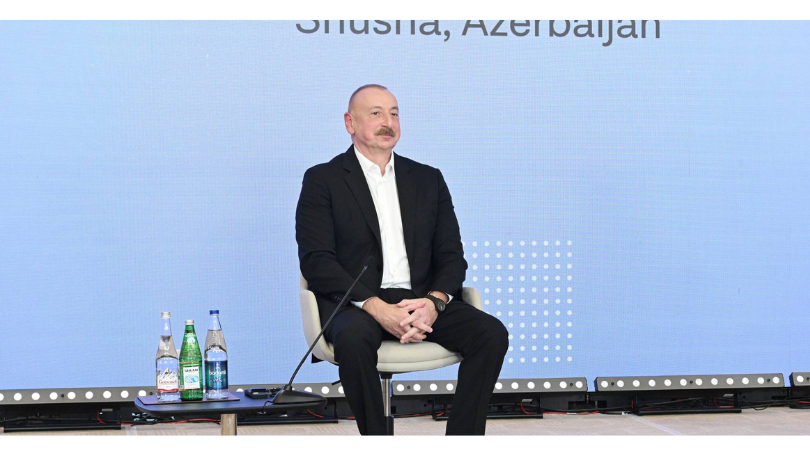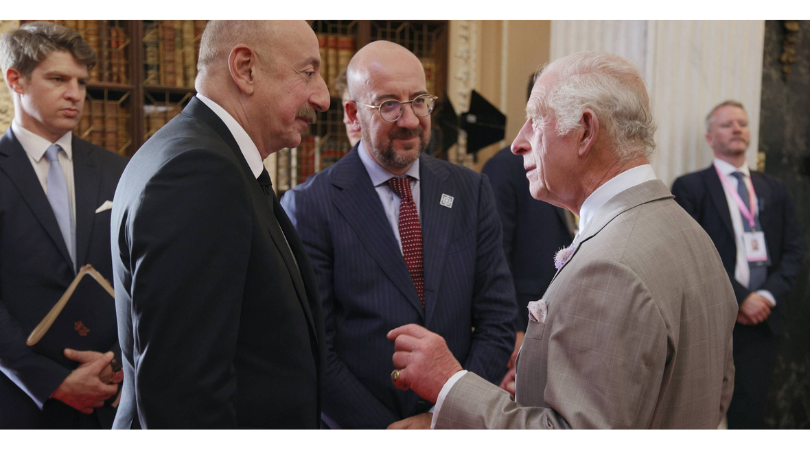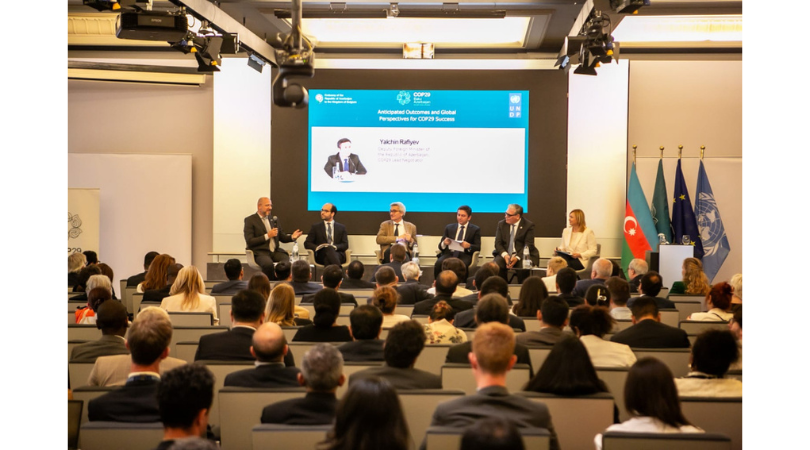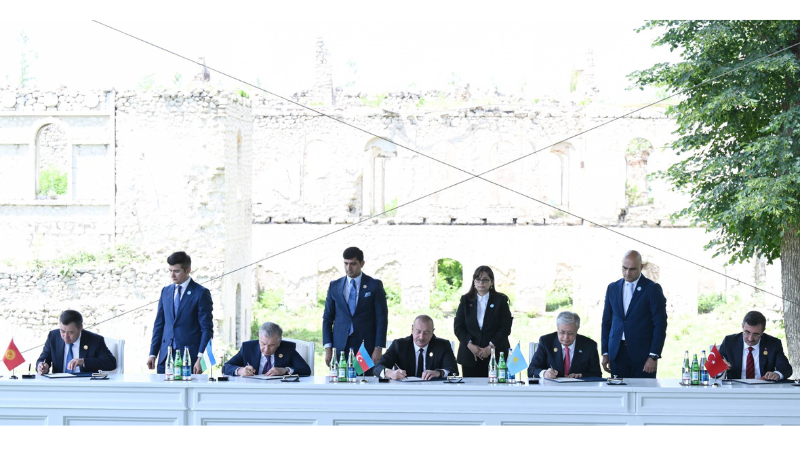Press release on arbitration case filed by Azerbaijan against Armenia under the Energy Charter Treaty for illegal exploitation of Azerbaijan’s energy resources
On 27 February 2023, Azerbaijan has launched inter-state arbitration against Armenia under The Energy Charter Treaty (ECT).
In a Notice of Arbitration served on Armenia, Azerbaijan seeks redress and financial compensation for Armenia’s violation of Azerbaijan’s sovereign rights over its energy resources during Armenia’s nearly 30-year illegal occupation of Azerbaijan’s territory from 1991 to 2020.
Armenia breached multiple provisions of the ECT and fundamental principles of international law by denying Azerbaijan from accessing its energy resources in Garabagh region through military force; exploiting Azerbaijan’s energy resources for Armenia’s own benefit; and depriving Azerbaijan of the opportunity to further develop its energy resources in accordance with its national energy policy and environmental commitments.
A key feature of Azerbaijan’s inter-state ECT claims against Armenia is the latter's illegal exploitation of Garabagh region’s rich hydropower resources.
The Garabagh region contains 25% of Azerbaijan’s internal water resources, making it an optimal location to leverage for hydroelectrical power.
Chief among the hydropower assets illegally exploited by Armenia is the Tartar hydro-electricity plant (Tartar HEP) on the Tartar River's Sarsang reservoir. Armenia captured the Sarsang Reservoir and the Tartar HEP in 1994, as part of its armed aggression against Azerbaijan’s sovereign territory.
Armenia also constructed at least 37 additional unauthorised hydropower facilities on Azerbaijan’s sovereign territory during the occupation.
Along with the electricity generated by the Tartar HEP, the output of these additional unauthorised facilities was expressly designated “an avenue of export” to Armenia. To facilitate its illegal exploitation of Azerbaijan’s hydropower, Armenia established a “whole unified system” of electricity distribution from the formerly occupied territories to Armenia, “regulated from Armenia” the “daily volume of electricity production,” and granted putative "licenses" to energy companies to operate the region’s existing facilities.
During the occupation, Armenia also extracted coal from the Chardagly mine in Azerbaijan’s Tartar district for use in the Yerevan thermal power plant in Armenia.
Eventually, Armenia facilitated its illegal exploitation of Azerbaijan’s hydropower and coal resources by constructing additional energy infrastructure on Azerbaijan’s territory. For example, Armenia funded the construction of a new coal-transport highway, described as a “direct lifeline” between Armenia and the occupied territories that would play “an instrumental role” in Armenia’s security.
Armenia also damaged existing energy transit facilities, such as the natural gas pipeline connecting Yevlakh to the Nakhchivan exclave of Azerbaijan. Thus, as a result of the occupation, Azerbaijan was unable to provide natural gas service to Nakhchivan.
This arbitration case is an effort to secure justice and reparations for nearly 30 years of illegal exploitation and expropriation of Azerbaijan’s energy resources by Armenia, on Azerbaijan’s internationally recognised sovereign territory.




















